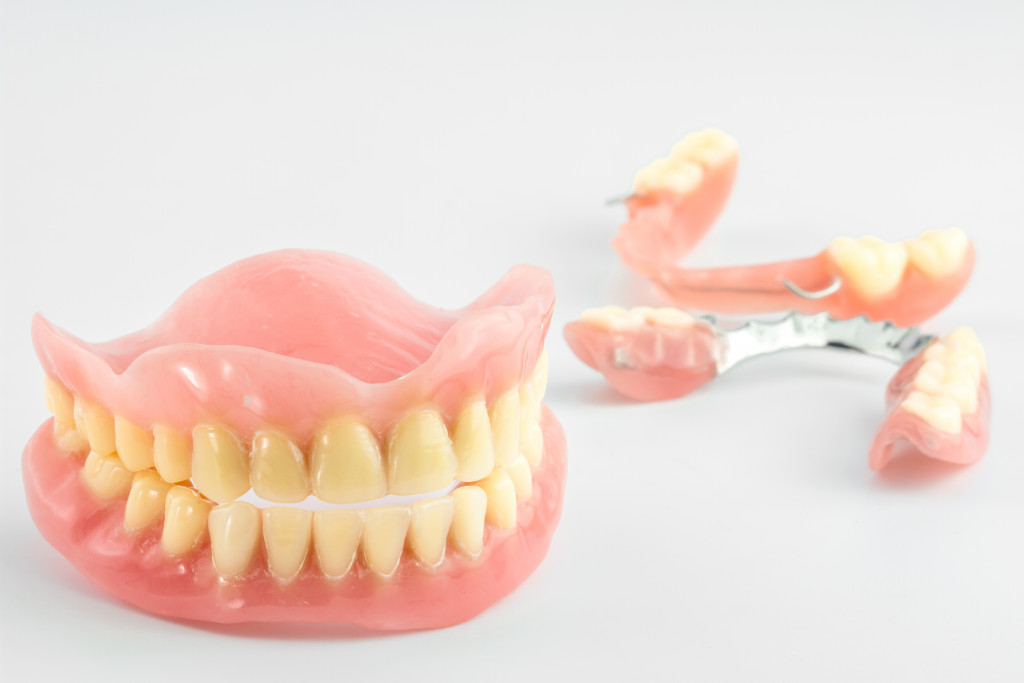A tooth cyst is a sac-like structure that can form on or around a tooth. It is usually caused by an infection in the pulp of the tooth. The cyst can cause pain and swelling and may eventually lead to the loss of the tooth. There are several types of tooth cysts, each with its own symptoms and treatment options.
Wisdom teeth are the most common cause of tooth cysts. They are usually removed before they can cause any problems. However, if wisdom teeth are not removed, they may become impacted or stuck in the jawbone. This can cause pain and swelling. Wisdom teeth removal is the most common treatment for tooth cysts.
Types of Tooth Cysts Include:
1. Dental Follicle Cyst
This type of cyst is caused by a problem with the dental follicle, which is the structure that surrounds the root of a tooth. It can cause pain and swelling and may eventually lead to the loss of the tooth.
2. Periapical Cyst
This type of cyst is caused by an infection in the root of a tooth. It can cause pain, swelling, and a discharge from the tooth. If left untreated, it may lead to the loss of the tooth.
3. Odontogenic Keratocyst
This type of cyst is caused by an overgrowth of the epithelial cells that line the inside of the mouth. It can cause pain, swelling, and a discharge from the tooth. If left untreated, it may lead to the loss of the tooth.
4. Lateral Periodontal Cyst
This type of cyst is caused by an infection in the gums. It can cause pain, swelling, and a discharge from the tooth. If left untreated, it may lead to the loss of the tooth.

5. Gingival Cyst
This type of cyst is caused by an infection in the gums. It can cause pain and swelling. If left untreated, it may lead to the loss of the tooth.
Symptoms Of A Tooth Cyst Include:
1. Pain
The most common symptom of a tooth cyst is pain. The pain may be localized to the tooth where the cyst is located, or it may spread to other parts of the face. The pain may be constant, or it may come and go. It may also get worse when you chew or bite down on the tooth.
2. Swelling
Swelling is another common symptom of a tooth cyst. The swelling may be localized to the tooth where the cyst is located, or it may spread to other parts of the face. The swelling may be mild or severe, and it may get worse over time.
3. Discharge
A tooth cyst may also cause a discharge from the tooth. The discharge may be clear, cloudy, or bloody. It may also have a bad smell.
4. Difficulty Swallowing
If the cyst is located near the tonsils, it may cause difficulty swallowing.
5. Fever
A fever may be present if the cyst is infected.
Treatment Of A Tooth Cyst
1. Antibiotics
If the cyst is infected, antibiotics may be prescribed to treat the infection.
2. Root Canal Therapy
If the pain is due to an infection in the pulp of the tooth, root canal therapy may be needed to remove the infection.
3. Surgery
If the cyst is causing pain or swelling, or if it is infected, surgery may be needed to remove the cyst. Surgery may also be needed to remove an impacted wisdom tooth.
4. Cyst Removal
If the cyst is not causing any symptoms, it may be removed by surgery. This is usually done if the cyst is located near or on the surface of the tooth.
5. Cyst Aspiration
If the cyst is not causing any symptoms, it may be removed by aspiration. This is a procedure in which a needle is used to remove the fluid from the cyst.
Prevention Of A Tooth Cyst
1. Regular Dental Checkups
Regular dental checkups can help to identify a tooth cyst in its early stages.
2. Good Oral Hygiene
Good oral hygiene can help to prevent the development of a tooth cyst. Brushing twice a day, flossing daily, and using mouthwash can help to remove plaque and bacteria from the teeth and gums.
3. Avoid Trauma To The Teeth
Avoiding trauma to the teeth can help to prevent the development of a tooth cyst.
4. Avoid Smoking
Smoking can increase your risk of developing a tooth cyst. If you smoke, quitting can help to reduce your risk.
5. Avoid Chewing Tobacco
Chewing tobacco can increase your risk of developing a tooth cyst. If you chew tobacco, quitting can help to reduce your risk.
6. Get Regular Dental Cleanings
Regular dental cleanings can help to keep the teeth and gums healthy and free of plaque and bacteria. They can also help to identify a tooth cyst in its early stages.
Tooth cysts can be caused by a variety of factors, including infection, trauma, and poor oral hygiene. They can cause pain, swelling, and a discharge from the tooth. If left untreated, they may lead to the loss of the tooth. Treatment options include antibiotics, root canal therapy, surgery, aspiration, and cyst removal. Prevention measures include regular dental checkups, good oral hygiene, avoiding trauma to the teeth, avoiding smoking and chewing tobacco, and getting regular dental cleanings.
